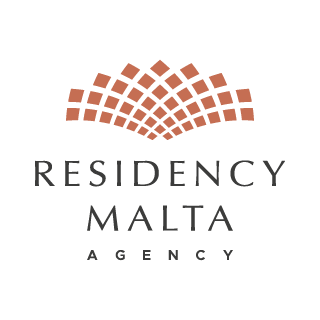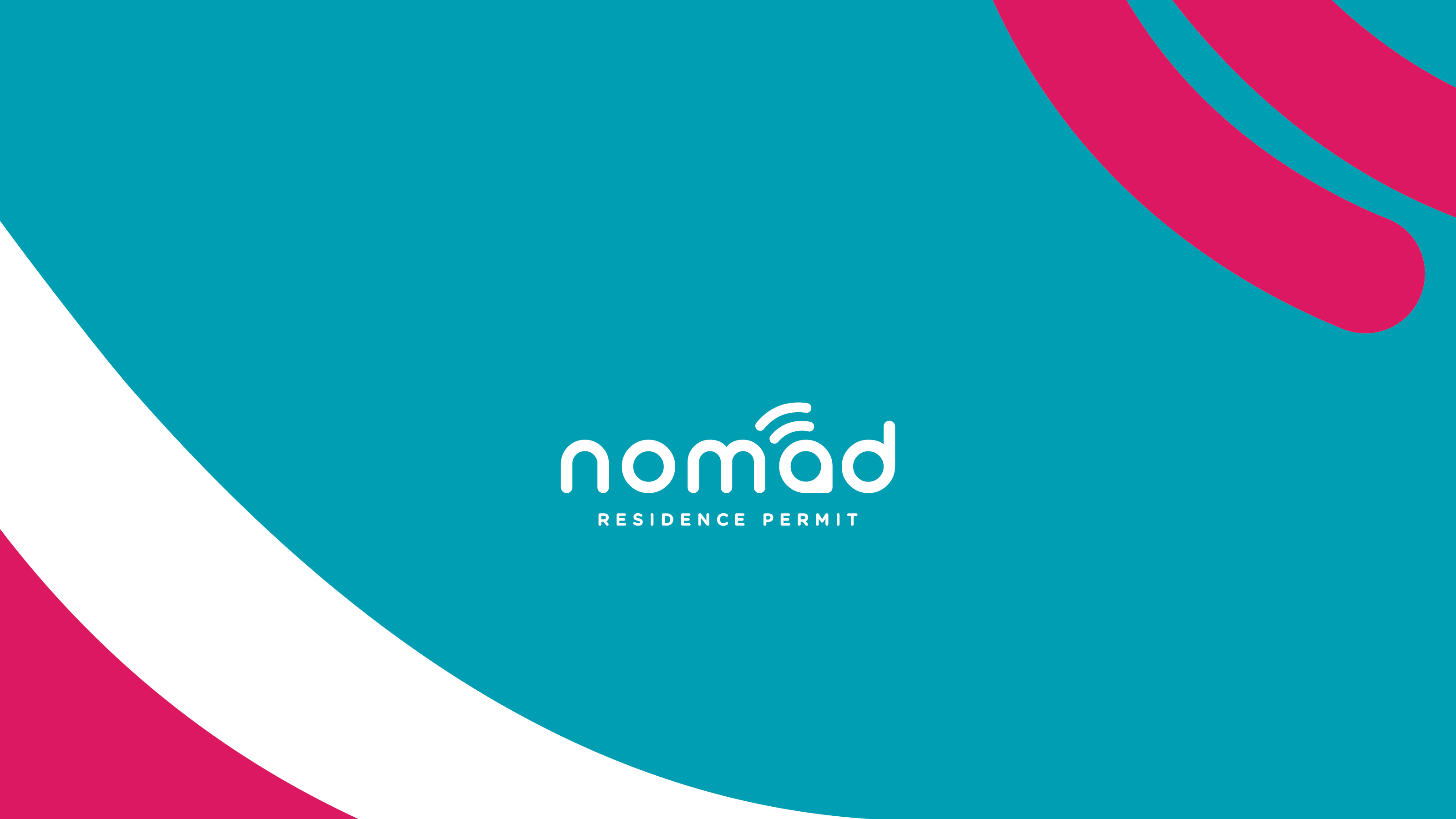Version 13.45
Last Updated January 20, 2026
Topics
QUESTIONS & ANSWERS
Eligibility
To be eligible one must be:
- 18 years and over;
- able to work remotely and independent of location, using telecommunications technologies; and
- a Third Country National, excluding EU, EEA and Switzerland. Nationals from the currently ineligible countries of (or have close ties with) Afghanistan, North Korea, Iran, Democratic Republic of Congo, Somalia, South Sudan, Sudan, Yemen and Venezuela are not eligible. Additionally, applications from the Russian Federation and the Republic of Belarus are currently not eligible. The list of ineligible countries may be revised from time to time by the Agency, at its discretion.
Furthermore, one must prove that they fit under any one of the three categories hereunder:
- Employed - with an employer registered in a foreign country and has a contract of employment.
- Self-Employed - conduct business activity for a company that is registered in a foreign country and of which applicant is a partner/shareholder.
- Freelance - offer freelance or consulting services to clients whose permanent establishments are in a foreign country, and with whom the applicant has contract agreements.
Persons contracted by a foreign company and giving services to the company’s Maltese subsidiary, and persons who directly or indirectly will be providing services to Malta based companies or individuals are ineligible for the Nomad Residence Permit.
Main Applicants (MAs) in all of the above employment statuses must prove they have a guaranteed source of income, as per applicable thresholds, for a minimum period of 5 months (cumulative) from the day of application. The Agency reserves the right to request documentation showing such income. In any case, all submissions will be reviewed on a case-by-case basis and on their own merits. Applicants must have a minimum gross yearly income of €42,000. Applicants who submitted their application prior to 1st April 2024 will still retain the same annual gross income requirement of €32,400. Other eligibility criteria include a:- valid travel document;
- valid property rental/purchase agreement covering the whole duration of the permit upon approval of application; and a
- valid health insurance policy upon approval of application.
- the spouse;
- minor children of the MA and/or spouse;
- adult children of the MA and/or spouse, which children are not married and who are principally dependent on the MA;
- adult children of the MA and/or spouse, which children are unable to cope independently due to a medical condition or disability may apply for a Permit under the same conditions, together with the MA.
Application process
The following fees apply:
- a non-refundable application fee of €300 per person, to be paid to Residency Malta Agency via bank transfer from MA’s bank account;
- a fee of €100 for the issuance of a residency card by Identità per person, to be paid in person at Residency Malta’s offices. Payments can only be made by card. Cash payments are not accepted; and
- Any other visa related fees (if applicable).
Permit Renewals
Yes. The initial Nomad Residence Permit is issued for 1 year. The Permit may be renewed three times, for a total stay of a maximum of four (4) years at the discretion of Residency Malta Agency, subject to the applicant still being able to satisfy the programme criteria.
If you do not submit a renewal application, or the renewal application has been rejected, you may submit a fresh application 12 months after the expiry date of the preceding residence permit. When reapplying, please refer to the New Application Checklist. Note that a Nomad Residence Permit may be renewed for a maximum of four (4) years, and previous stays on the Nomad Residence Permit will be taken into account.
Accomodation and residence cards
- a signed copy of the contract (property can either be leased or purchased) stating the lessee/owner's name
- property type
- the number of bedrooms within the property
- the area in square metres
- ARMS utility bill (water and electricity bill which is not older than 6 months) with account type as residential or domestic and in the name of the landlord
- External photos of the qualifying property, clearly showing the name, number and main entrance of the court/building and the internal door number of the property (if applicable)
- housing approval issued by the housing authority
- a signed copy of the lease contract stating the lessee/owner’s name,
- property type,
- the number of bedrooms within the property,
- the area in square metres,
- ARMS utility bill (water and electricity bill which is not older than 6 months) with account type as residential or domestic and in the name of the landlord
- External photos of the qualifying property, clearly showing the name, number and main entrance of the court/building and the internal door number of the property (if applicable)
- housing approval issued by the housing authority.
- a signed copy of the contract (property can either be leased or purchased) stating the owner's name,
- Declaration from the owner confirming the applicants stay.
- property type
- the number of bedrooms within the property,
- the area in square metres,
- ARMS utility bill (water and electricity which is not older than 6 months) with account type as residential or domestic and in the name of the landlord
- External photos of the qualifying property, clearly showing the name, number and main entrance of the court/building and the internal door number of the property (if applicable)
- a signed copy of the contract (a property can either be leased or purchased) stating the owner's name,
- the number of bedrooms within the property,
- the area in square metres,
- ARMS utility bill (water and electricity which is not older than 6 months) with account type as residential or domestic and in the name of the landlord
- External photos of the qualifying property, clearly showing the name, number and main entrance of the court/building and the internal door number of the property (if applicable)
Residence cards and change of address
The following documentation is required:
- Form N3
- Form K
- Signed property lease/purchase agreement, showing lessee and owner’s name
- property type
- the number of bedrooms within the property
- the area in square metres
- ARMS utility bill (water and electricity bill which is not older than 6 months) account type as residential or domestic and in the name of the landlord
- Photos of the external façade of the qualifying property, clearly showing the name, number and main entrance of the court/building and the internal door number of the property (if applicable)
- housing approval issued by the housing authority
A payment of €50 can be completed either by bank transfer or at Residency Malta’s office.
Please note that it is your responsibility to inform Residency Malta Agency when you change your address to a new property. If Residency Malta Agency receives information that an applicant has changed the property address without notifying us, we reserve the right to revoke the Nomad Residence Permit.
A Nomad Residence Permit holder must submit the following documentation to the following email address - nomad.residencymalta@gov.mt.
- Form N3
- Form K
- Signed property lease/purchase agreement, showing lessee and owner’s name
- A local police report.
- A foreign police report is required if the Nomad Residence Card was lost outside of Malta.
A payment of €50 in respect of an administration fee for card issuance by Identità can be completed either by bank transfer or at Residency Malta’s office.
Visas and Residence Permits
Health Insurance Policy
Tax
In respect of nomads, tax considerations and obligations might arise under both foreign and Maltese legislation. In respect of income tax obligations under Maltese law, you may wish to refer to S.L. 123.210 Nomad Residence Permits (Income Tax) Rules and the applicable provisions of the Income Tax Acts, Chapters 123 and 372 of the Laws of Malta.
You are also solicited to seek appropriate professional assistance in respect of both the Maltese and foreign tax treatment applicable in the specific circumstances.
For guidelines on income tax rules related to the Nomad Residence Permit, please refer here.
Police Conduct Certificate
Yes, all applicants aged 18 and over at the time of application submission must provide Residency Malta Agency with an original police conduct certificate as issued by the competent national/federal authorities in the country of origin. In instances where countries issue such certificates for individuals below the age of 18, and such minors are part of the application, these certificates are also to be submitted to the Agency.
Police certificates must be original documents, less than 6 months old upon submission of application, and certified by the national/federal police system of the relevant country. Any police conduct certificates which are not in the English language should be translated accordingly.
In certain countries, police authorities will only send the certificate directly to other foreign institutions requesting it. In such cases, the certificate should be sent to the following email or physical addresses:
Email address: nomad.residencymalta@gov.mt
Physical address: Nomad Client Relations, Residency Malta Agency, Zentrum Business Centre, Level 2, Mdina Road, Qormi, QRM 9010, Malta

